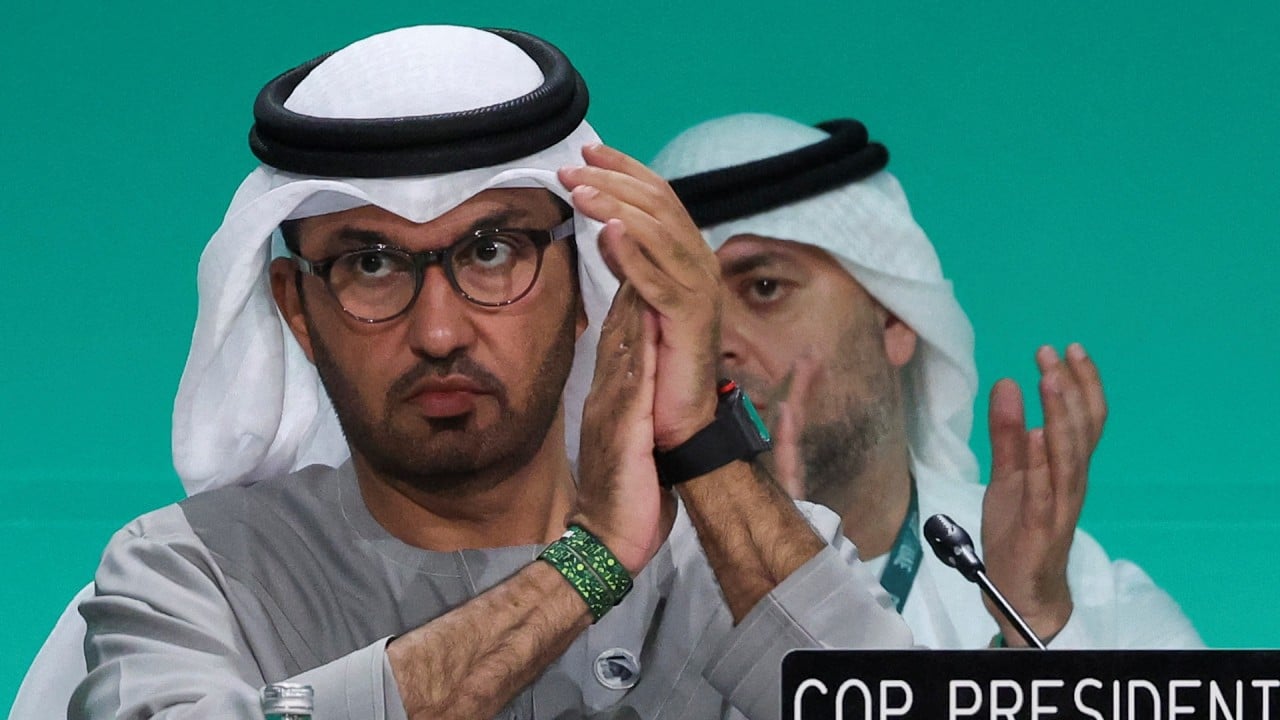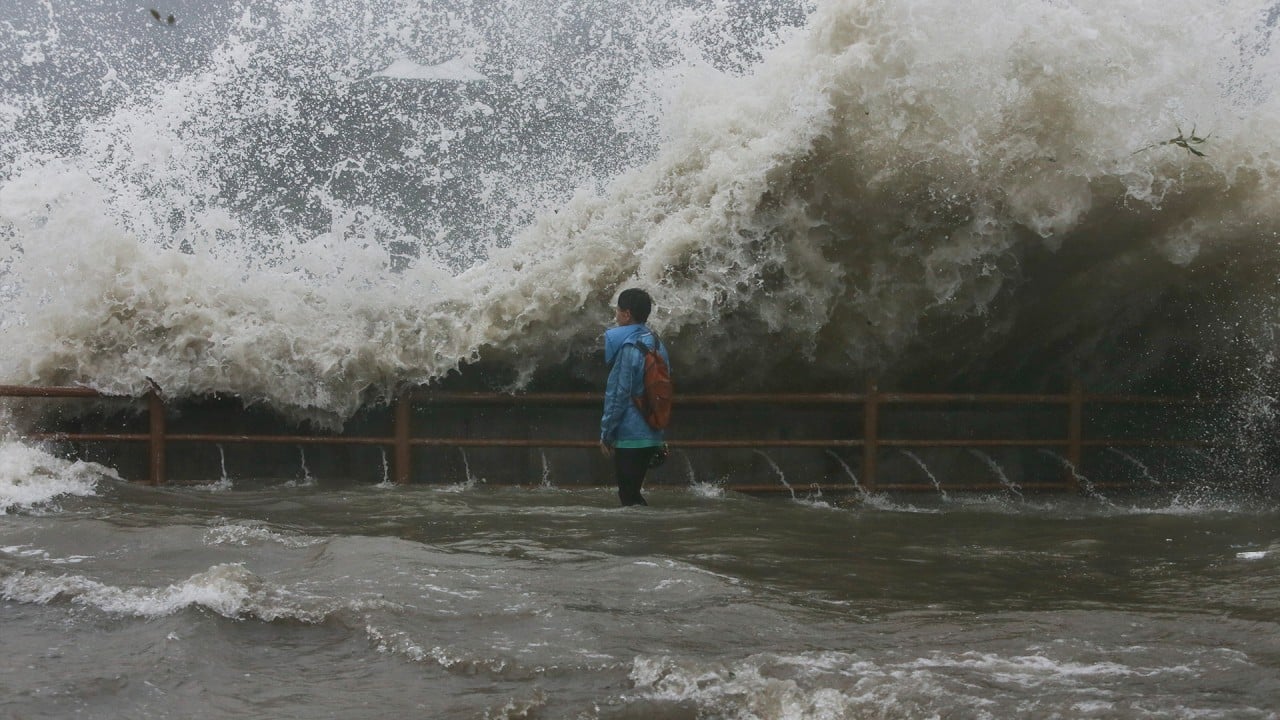
Cop28’s bounty of climate promises – what did we really get out of it?
- What we got was incrementalism when deep and radical solutions are needed. Politicians are fiddling while the world burns
- Nevertheless, Hong Kong can play a key role in how carbon trading is implemented and in financing the energy transition
But the question remains: what did we really get out it?
Policy and enforcement are still up to national governments. Just as each country agrees to a Nationally Determined Contribution (NDC) towards targeted global emissions cuts, any Cop28 pledge must be translated into national policy to be effective.
There was the launch of the Oil and Gas Decarbonisation Accelerator, a platform aimed at getting oil and gas companies to cut emissions, including methane. But when burning oil and gas produces at least five times more emissions than their extraction and refining, real change has to come from transitioning away.
While initiatives can increase climate ambition, voluntary pledges have a mixed track record. And the sheer amount of Cop28 initiatives, their overlaps and the way they are packaged could make the calculation of emission reductions very difficult.
That said, the Climate Action Tracker estimates that of the total emissions savings achievable under Cop28 pledges, around a quarter is included in government NDCs, another quarter is additional and achievable – but around half is unlikely to be happen.
And so the circus moves, next November, to the Cop29 hosted by Azerbaijan, where oil and gas bring in around 90 per cent of export revenue and finance around 60 per cent of the government budget. Already, there is concern the event might be used to promote Azerbaijan’s gas reserves over the global energy transition.
Hong Kong is not formally represented at Cop events but at Cop28, the Hong Kong Financial Services Development Council and Friends of the Earth co-hosted a Hong Kong forum, a first for the city.
Hong Kong can play a key role in how carbon trading is implemented, as a centre for carbon trading looking into the mainland and across Southeast Asia, and in financing the energy transition.
Former US vice-president Al Gore said: “The decision at Cop28 to finally recognise that the climate crisis is, at its heart, a fossil fuel crisis is an important milestone. But it is also the bare minimum we need and is long overdue. The influence of petrostates is still evident in the half measures and loopholes included in the final agreement.”
I would put it differently. What we got was incrementalism when deep and radical solutions are needed. Politicians are fiddling while the world burns.
Hong Kong still has a huge opportunity to use its market power to finance change across Southeast Asia. Given that it is a region with one of the world’s largest populations, fastest-rising emissions and great vulnerability to climate change, there is everything to play for.
Dr Mark Hinnells is strategy director at Climate Finance Asia



